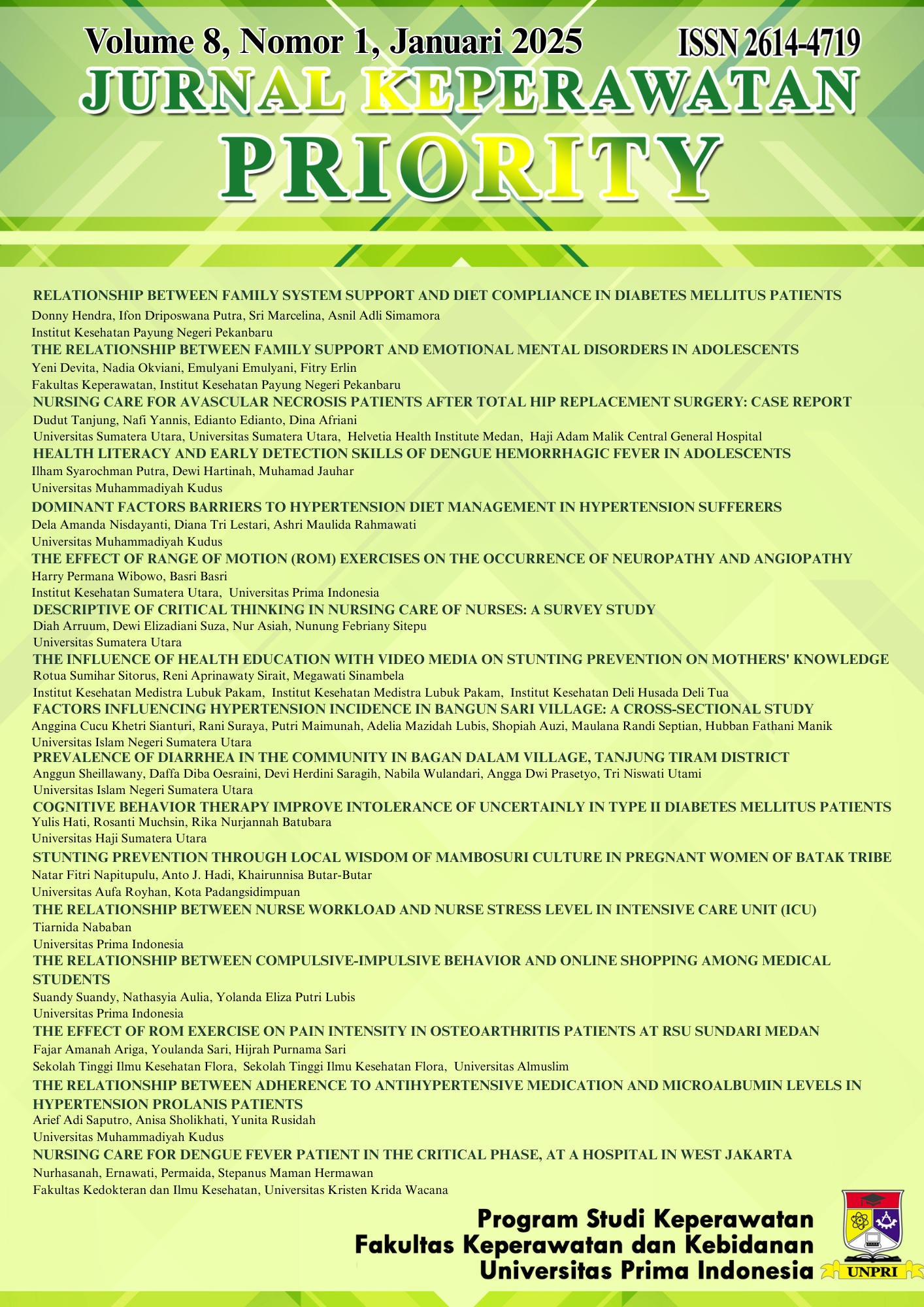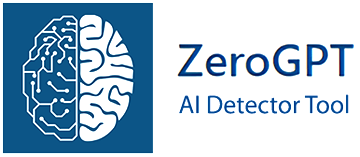Relationship between Family System Support and Diet Compliance in Diabetes Mellitus Patients
DOI:
https://doi.org/10.34012/jukep.v8i1.5831Keywords:
family support system, compliance, diet, type 2 diabetes mellitusAbstract
The diabetes diet is carried out to regulate eating patterns according to the portions determined for DM sufferers. by maintaining the 3Js, namely the number, type, and schedule of the DM diet. The research aims to determine the relationship between Family System Support and Diet Compliance in Diabetes Mellitus Patients. This type of research has a quantitative and descriptive design. The research population was 228 diabetes mellitus patients, and the sample was 39 people, using an accidental sampling technique. The research instrument is a questionnaire, and computerized data processing using SPSS, with univariate and bivariate data analysis. The research results showed that the majority of respondents in the Family Support System group were 39 people lacking (56.5%) and respondents in the non-compliant group were 44 people (63.8%). The results of the chi-square test showed that there was a relationship between family support system and dietary compliance in diabetes mellitus patients with p.value = 0.015 < 0.05. It is hoped that the health center will provide education and information to DM patients by making leaflets and posters about DM, especially DM treatment to control blood glucose levels and prevent complications and always socialize something new to treat DM by continuing to update knowledge about DM in particular.
Downloads
Published
How to Cite
Issue
Section
License
Copyright (c) 2025 Donny Hendra, Ifon Driposwana Putra, Sri Marcelina, Asnil Adli Simamora

This work is licensed under a Creative Commons Attribution 4.0 International License.
Authors who publish their manuscripts through the Journal of Keperawatan Priority agree to the following:
- Copyright to the manuscripts of scientific papers in this Journal is held by the author.
- The author surrenders the rights when first publishing the manuscript of his scientific work and simultaneously the author grants permission / license by referring to the Creative Commons Attribution 4.0 International License to other parties to distribute his scientific work while still giving credit to the author and the Journal of Journal Keperawatan Priority as the first publication medium for the work.
- Matters relating to the non-exclusivity of the distribution of the Journal that publishes the author's scientific work can be agreed separately (for example: requests to place the work in the library of an institution or publish it as a book) with the author as one of the parties to the agreement and with credit to sJournal ofJournal Keperawatan Priority as the first publication medium for the work in question.
- Authors can and are expected to publish their work online (e.g. in a Repository or on their Organization's/Institution's website) before and during the manuscript submission process, as such efforts can increase citation exchange earlier and with a wider scope.


















